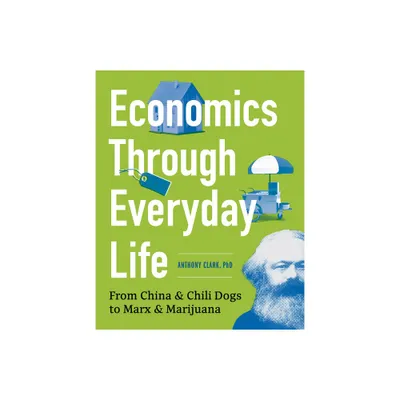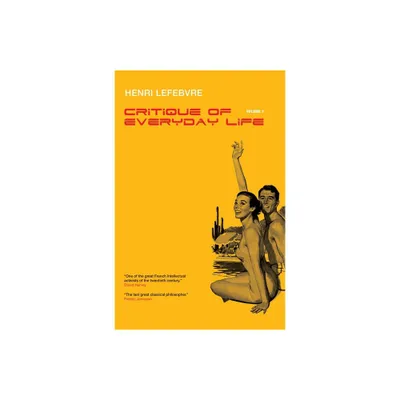Home
The Armchair Economist: Economics and Everyday Life
Loading Inventory...
Barnes and Noble
The Armchair Economist: Economics and Everyday Life
Current price: $19.99


Barnes and Noble
The Armchair Economist: Economics and Everyday Life
Current price: $19.99
Loading Inventory...
Size: Audiobook
*Product Information may vary - to confirm product availability, pricing, and additional information please contact Barnes and Noble
The extensively revised and updated edition of Steven Landsburg’s hugely popular book,
The Armchair Economist
—“a delightful compendium of quotidian examples illustrating important economic and financial theories” (
The Journal of Finance
).
In this revised and updated edition of Steven Landsburg’s hugely popular book, he applies economic theory to today’s most pressing concerns, answering a diverse range of daring questions, such as:
Why are seat belts deadly?
Why do celebrity endorsements sell products?
Why are failed executives paid so much?
Who should bear the cost of oil spills?
Do government deficits matter?
How is workplace safety bad for workers?
What’s wrong with the local foods movement?
Which rich people can’t be taxed?
Why is rising unemployment sometimes good?
Why do women pay more at the dry cleaner?
Why is life full of disappointments?
Whether these are nagging questions you’ve always had, or ones you never even thought to ask, this new edition of
turns the eternal ideas of economic theory into concrete answers that you can use to navigate the challenges of contemporary life.
The Armchair Economist
—“a delightful compendium of quotidian examples illustrating important economic and financial theories” (
The Journal of Finance
).
In this revised and updated edition of Steven Landsburg’s hugely popular book, he applies economic theory to today’s most pressing concerns, answering a diverse range of daring questions, such as:
Why are seat belts deadly?
Why do celebrity endorsements sell products?
Why are failed executives paid so much?
Who should bear the cost of oil spills?
Do government deficits matter?
How is workplace safety bad for workers?
What’s wrong with the local foods movement?
Which rich people can’t be taxed?
Why is rising unemployment sometimes good?
Why do women pay more at the dry cleaner?
Why is life full of disappointments?
Whether these are nagging questions you’ve always had, or ones you never even thought to ask, this new edition of
turns the eternal ideas of economic theory into concrete answers that you can use to navigate the challenges of contemporary life.


















